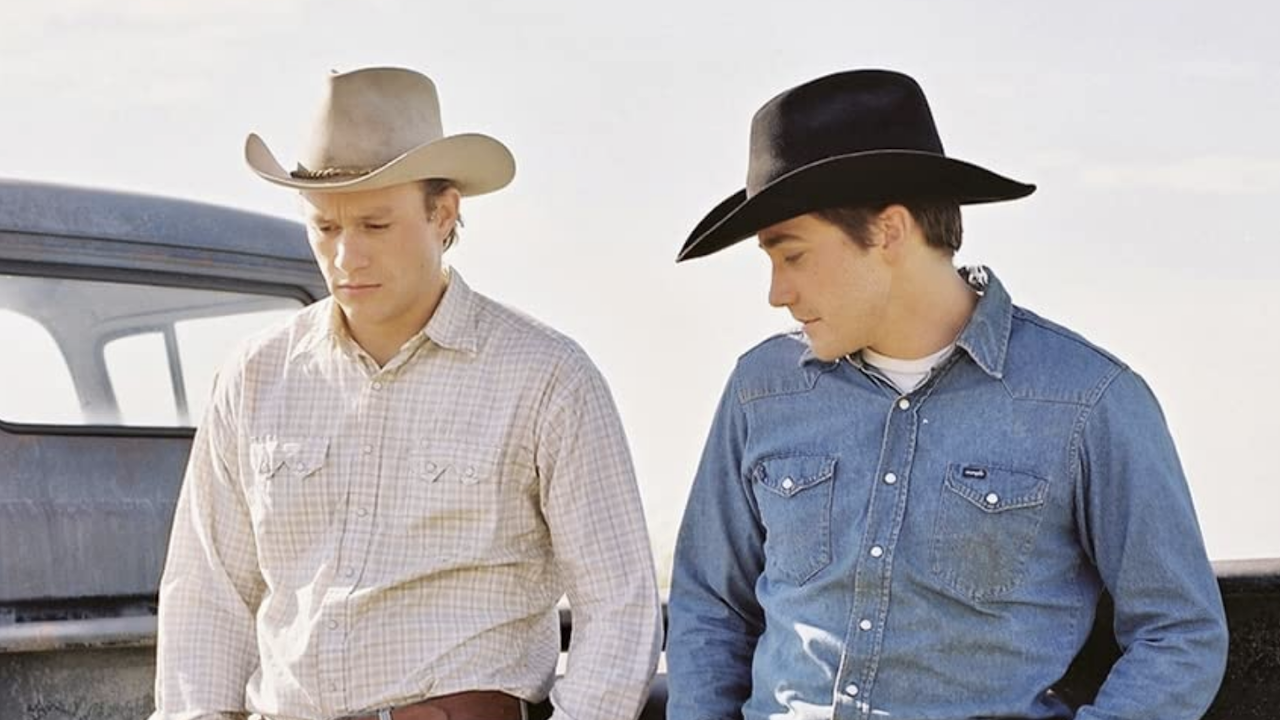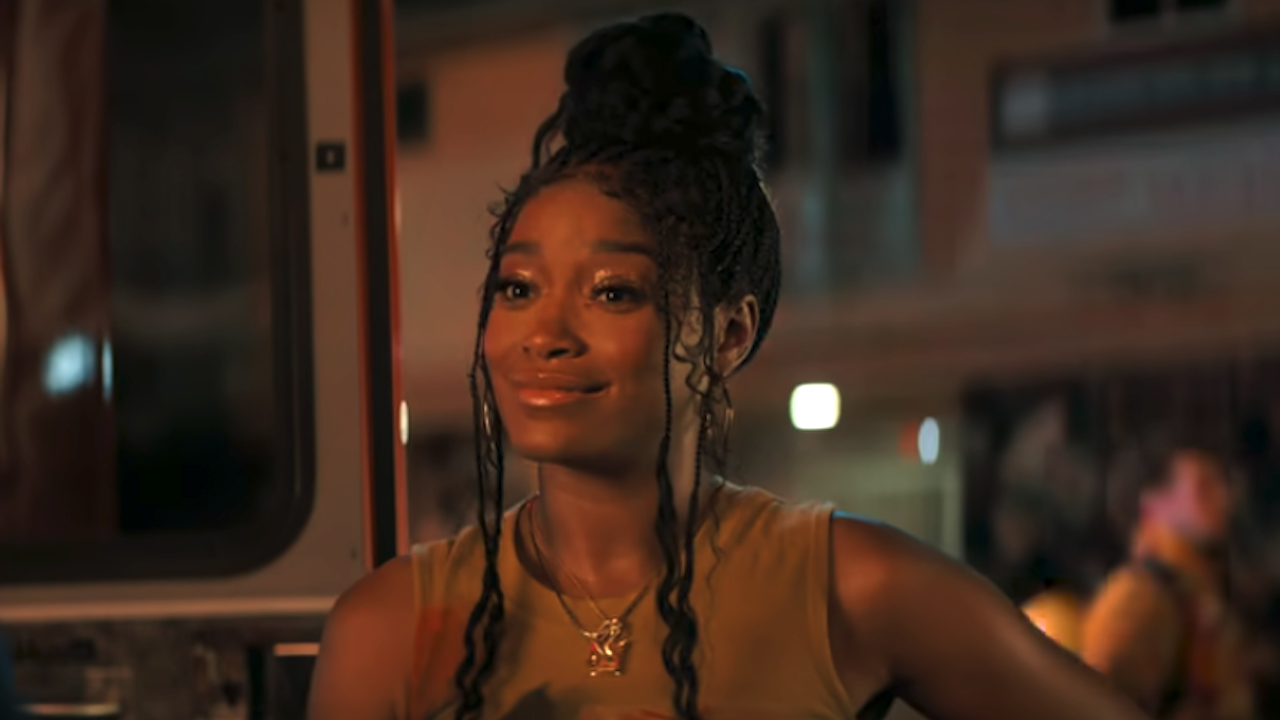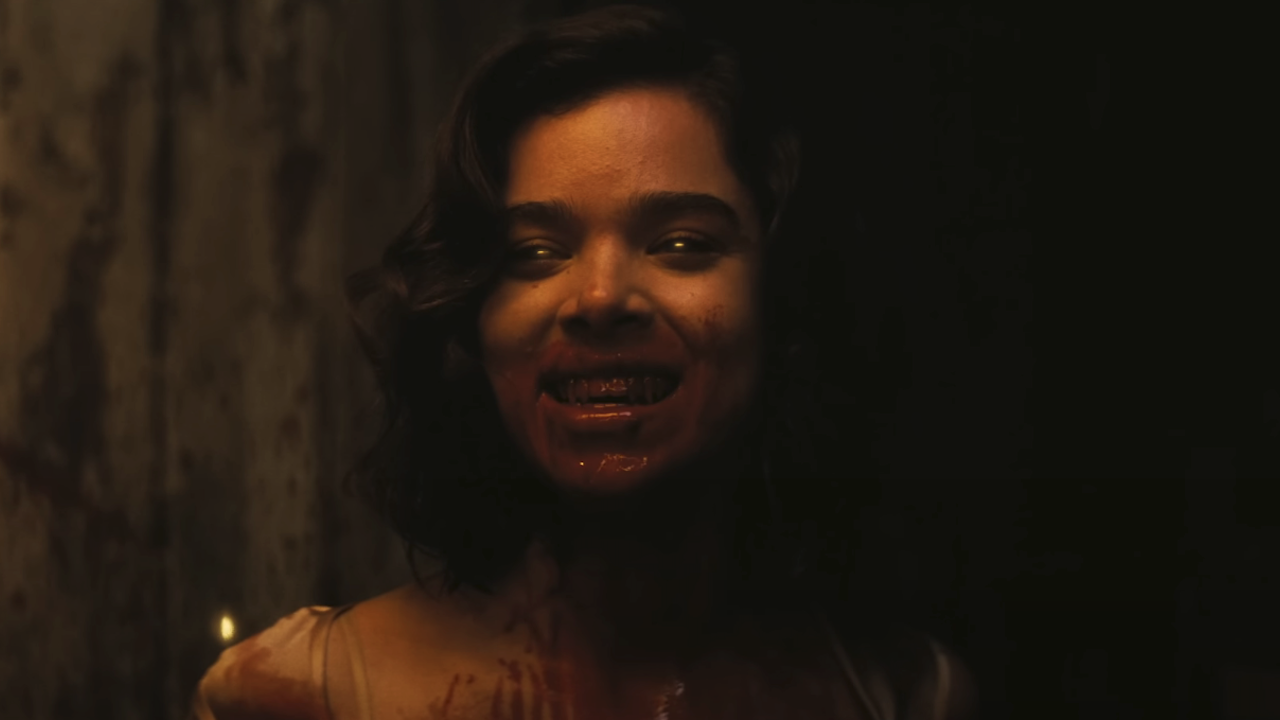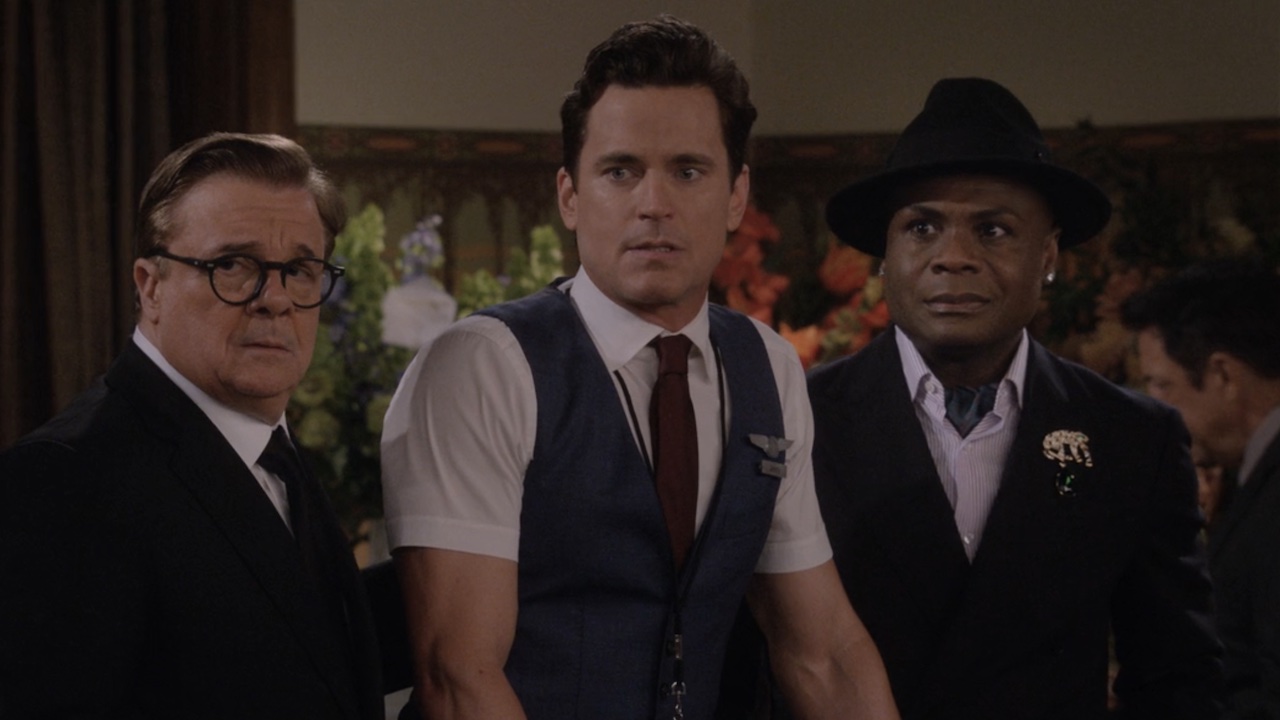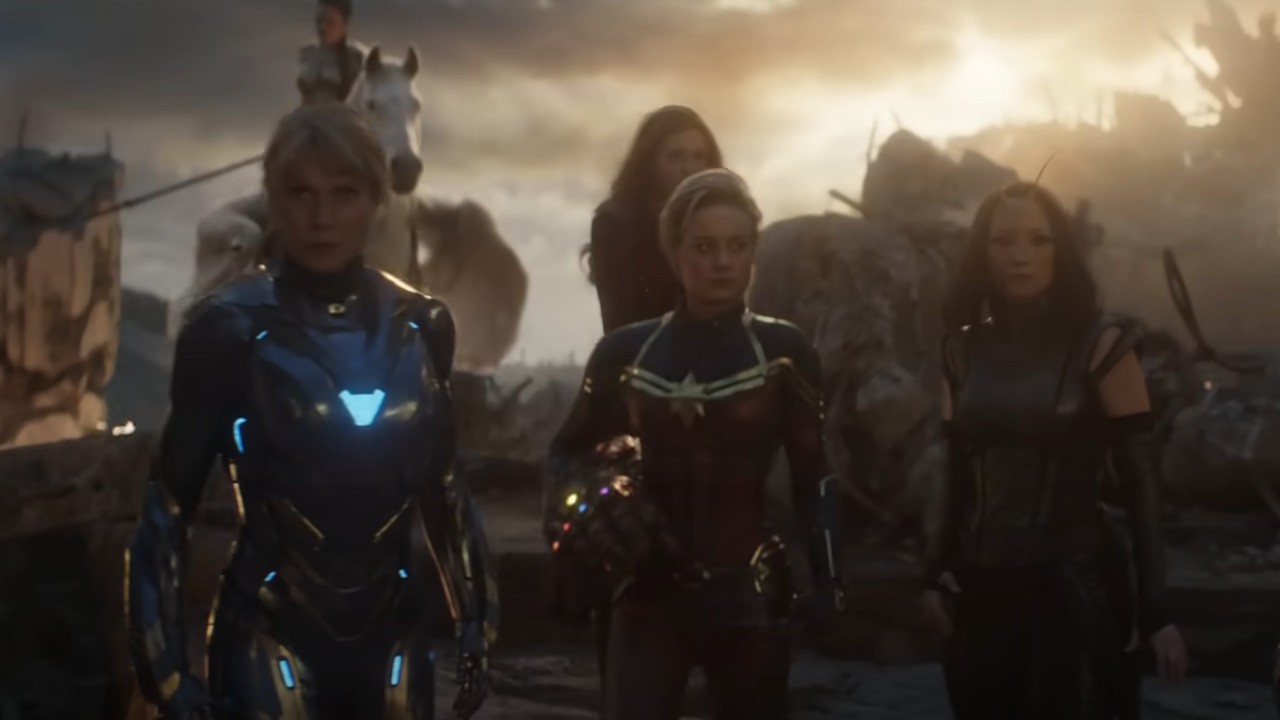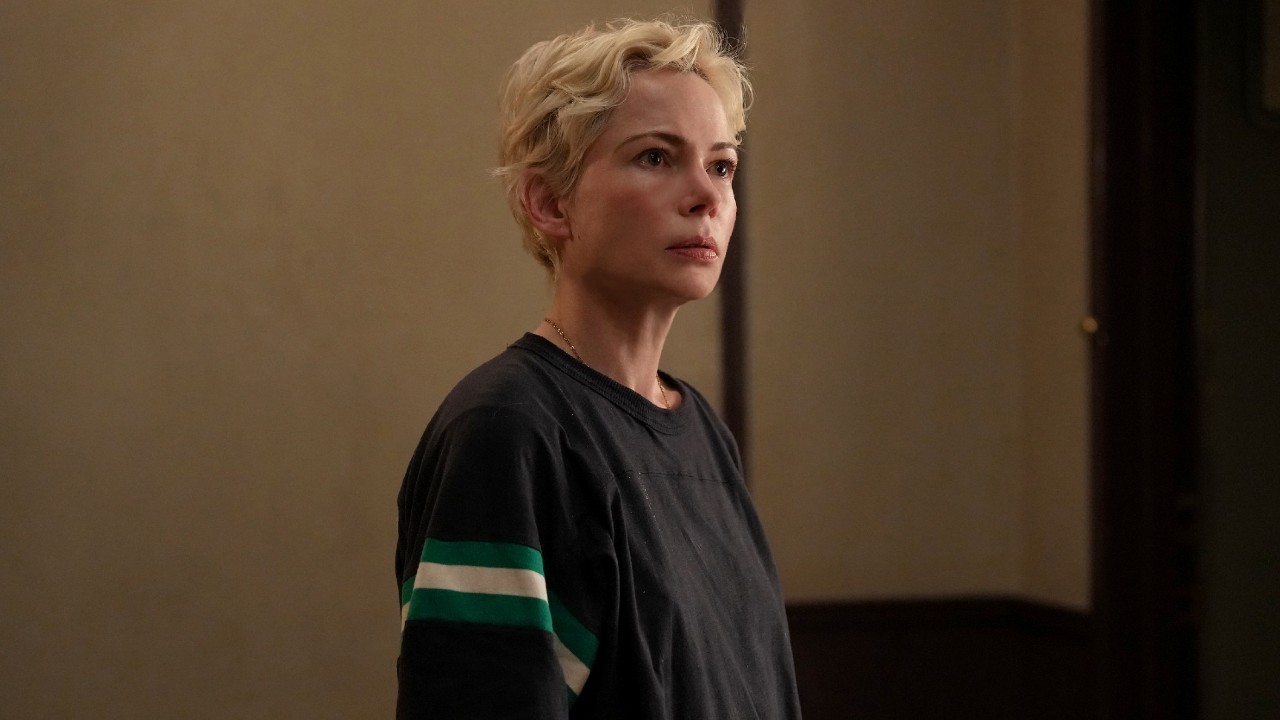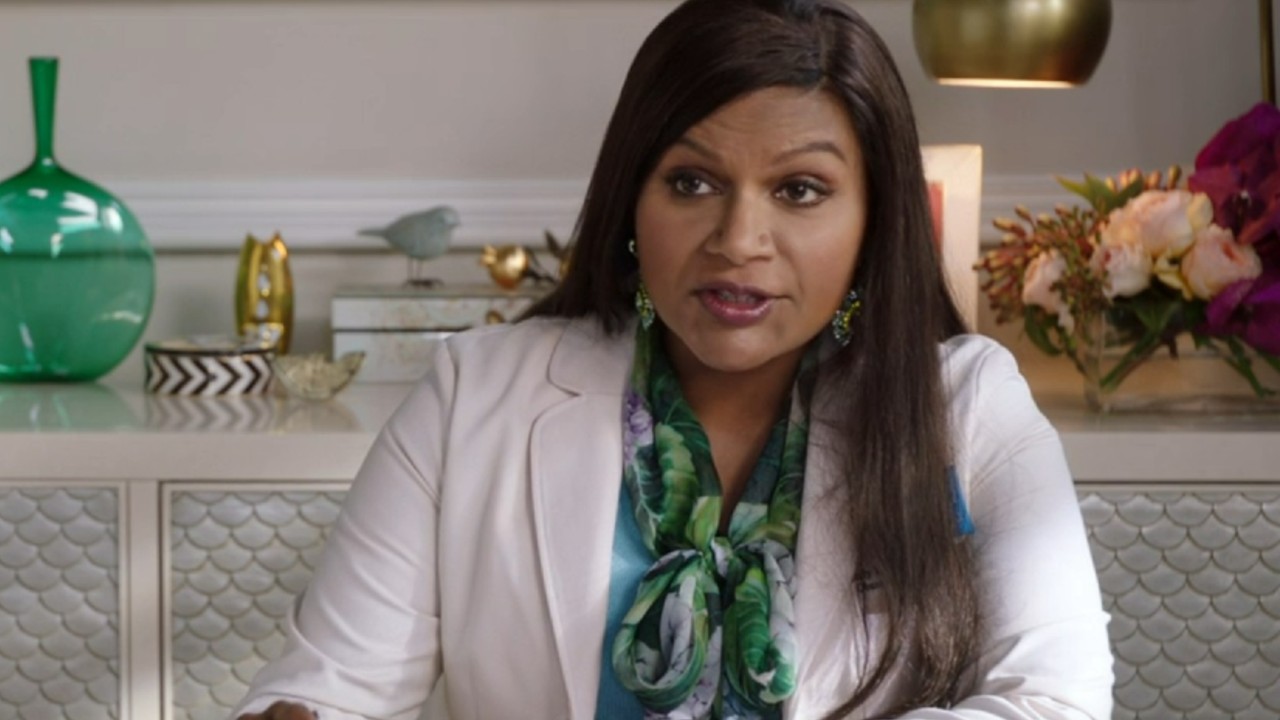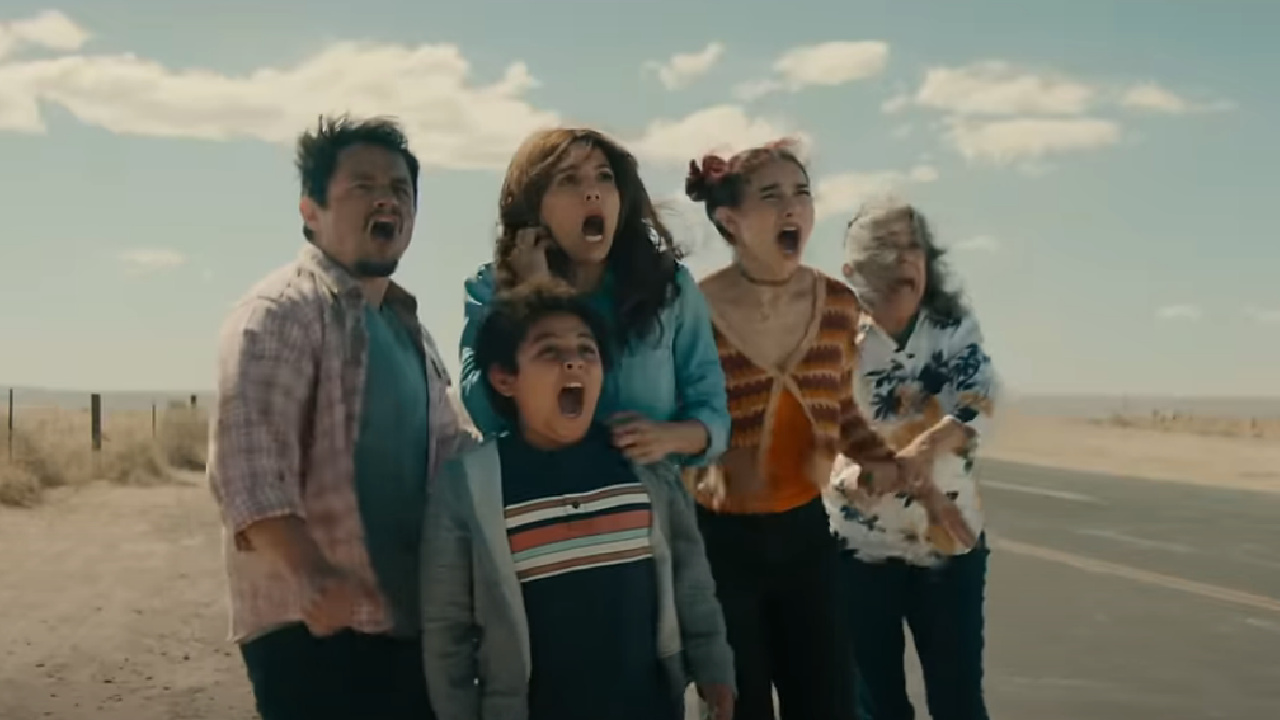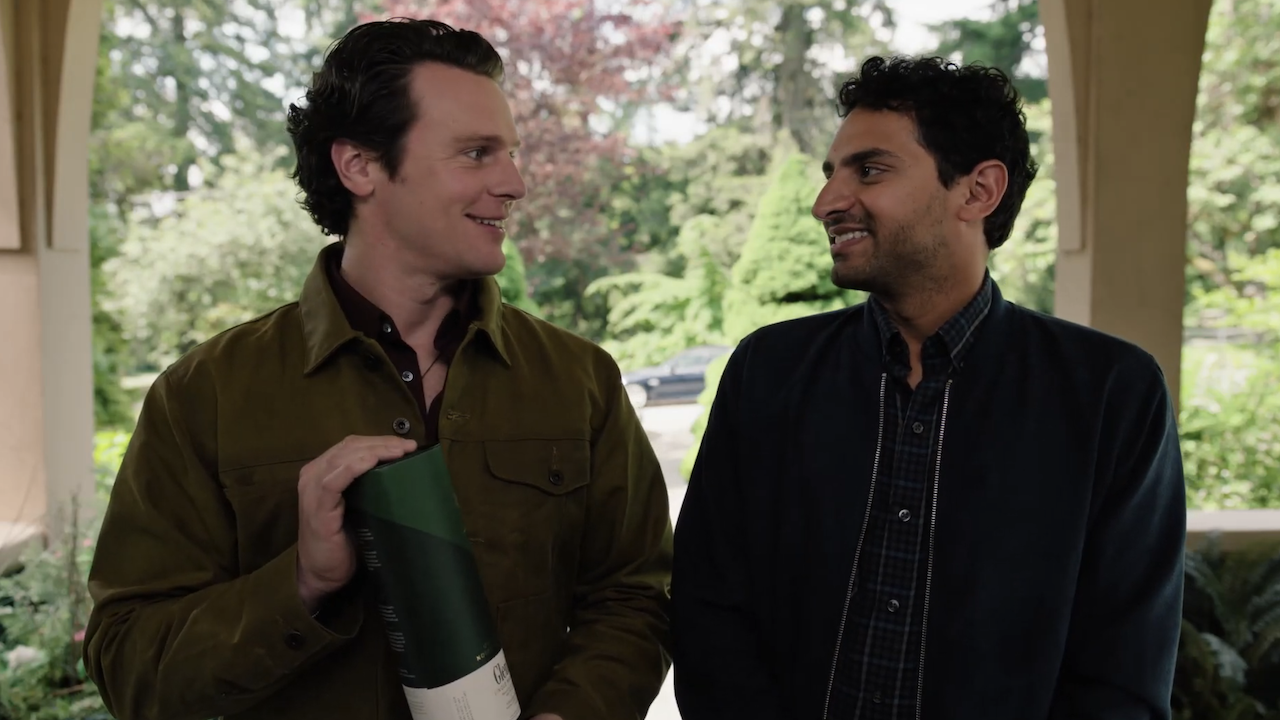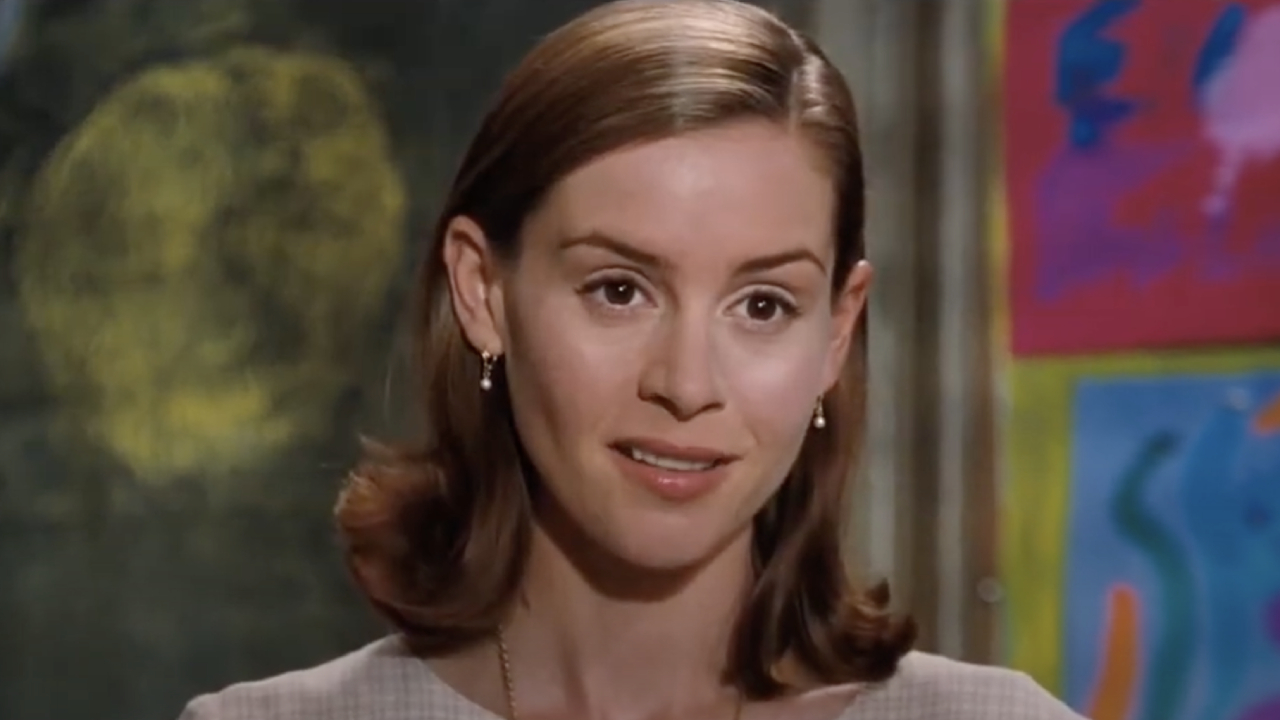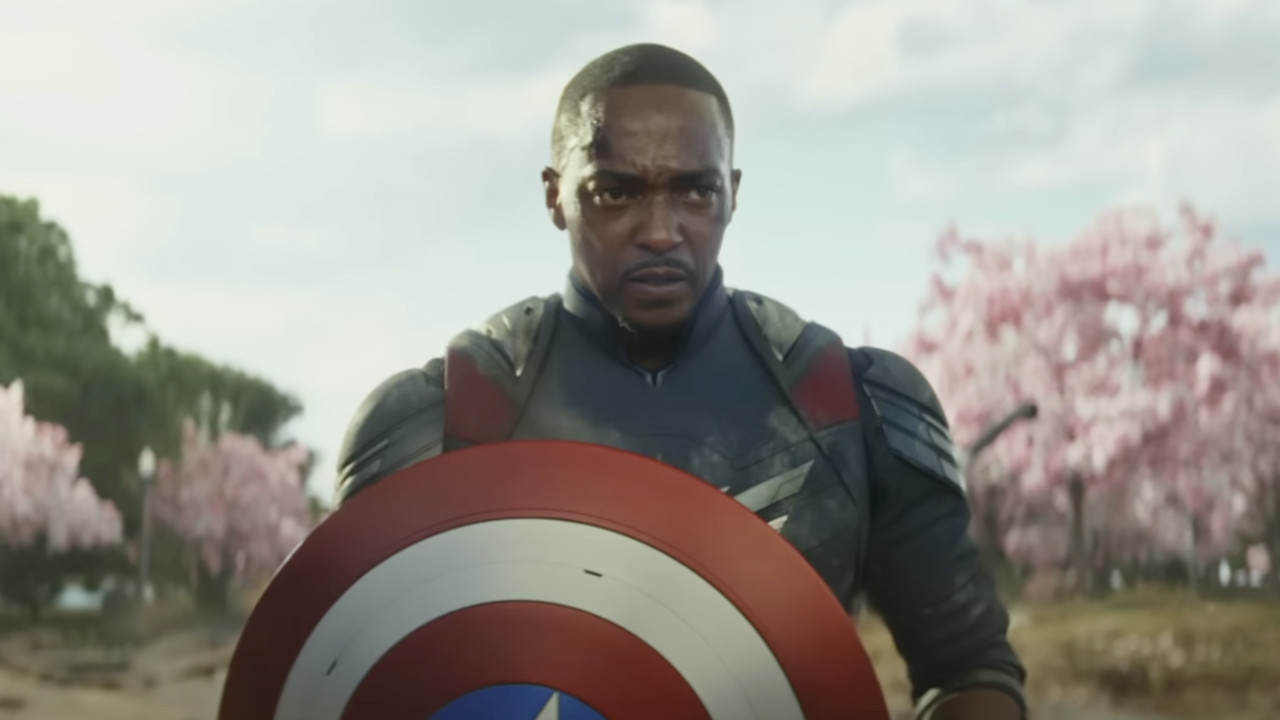Take Out Girl Director Shares Why He Never Feels Pressure To Represent The Black Community
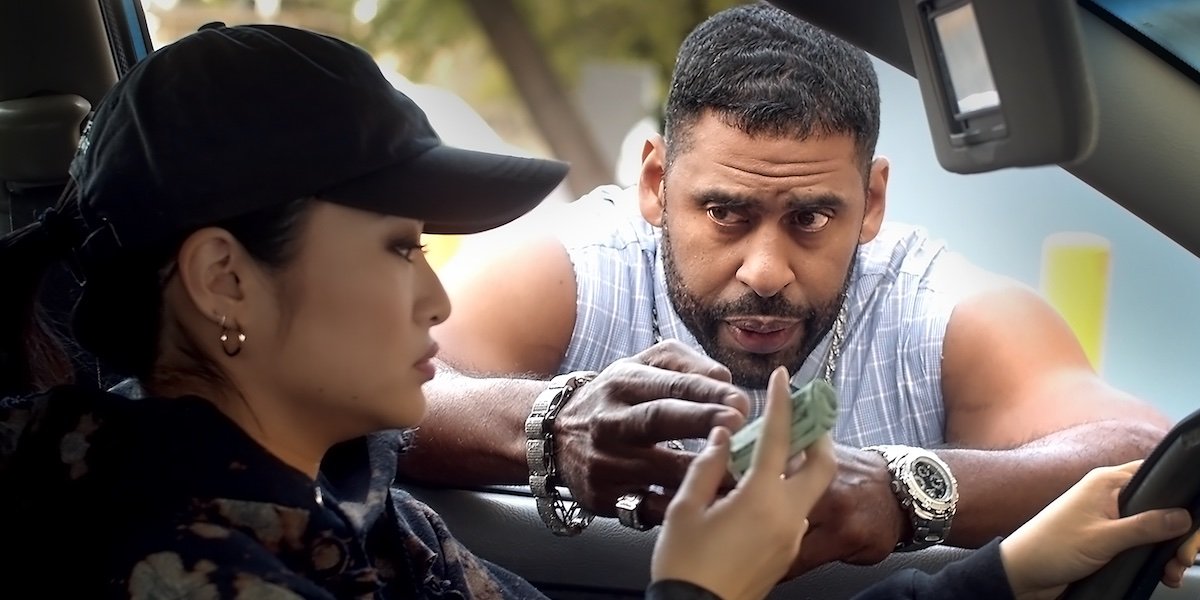
It’s 2021, and Hollywood is taking more strides every day in embracing diversity. A greater number of filmmakers from different backgrounds are getting to tell stories, and in some cases, this puts weight on the creator to represent all of the community they are a part of. Hisonni Johnson, director of Take Out Girl, pushed back on this and shared why he never feels pressure to represent the Black community.
When it comes to being a minority, many of us are constantly aware of how we’re being presented to and perceived by others. When I’m the only Black person in an office, for example, I wonder if I’m the only Black person some others in the office converse with on a regular basis, and I want to make sure their perception of Black people, in general, is not negative because of me. I sat down with Hisonni Johnson for an interview with CinemaBlend in support of his new film Take Out Girl, and he said the following about never feeling the pressure:
I never feel pressure to represent my community. Maybe I'm too idealistic, but how could I ever feel pressure sharing something so goddamn beautiful with the world? Black is beautiful. Asian is amazing. Brown is beautiful. There's nothing to be embarrassed of. So my motto as a filmmaker is: it is my duty to share with the world stories of the African-American experience, but it is my deepest pleasure to share the experiences of any underrepresented community. When I can take that approach, it's rooted in the idea that it's the experiences that matter, not necessarily the shade of the person having the experience because we can all relate to the experience.
Hisonni Johnson went on to give specific examples of these universal experiences, such as touching a stove. Everyone knows that causes pain. Multiple audiences can relate to the sensation of needing to use the restroom badly when that is represented on screen, regardless of the character’s skin color. The director added the following:
There is the perception in America that everyone is so different, and what I love doing is just busting that myth. My goal is to make Black people see Tera and see Take Out Girl and go, ‘Oh, she's one of us’ because we relate so much to the struggle that she goes through. And once we know Asian Americans struggle like we do, there's a respect for just surviving that struggle that's given to that other group. A respect, admiration even. And I'm hoping that's the result of Take Out Girl, that people either respect that this person in this group also survives this struggle, or they are made aware that this struggle exists and they feel compelled to do something to make that struggle less arduous for that group.
Take Out Girl absolutely accomplishes what director Hisonni Johnson describes above. It tells the story of Tera (Hedy Wong), a young Asian 20-something who gets involved with the local drug kingpin by agreeing to move his product through takeout food boxes to help her family’s struggling restaurant. While many viewers may have little to no experience with working in a restaurant or exposure to any time of crime, all will be able to relate to Tera’s love for her family and fierce loyalty.
Hisonni Johnson has a talent for displaying commonalities between various types of people and that shines through in Take Out Girl. After all, experiencing the life of another is the reason so many of us see movies. Here’s what Johnson told me about what he calls his superpower:
If I had a superpower, it would be my ability to notice the similarities between very seemingly different people. And today, as a filmmaker, I found that that has been a little bit of a knock against me. I feel I've been asked to take the Black experience and show why it's so different than everybody else's and for some reason, in my heart, my job is to take the Black experience and show how it's universal so that people can relate to us a lot more and stop seeing us as a threat and stop seeing us as the villains of the world and, you know, the way mainstream media tends to portray us.I feel the beauty of movies is that you can take a person from any underrepresented group and if you can make the audience walk in their shoes for 90 minutes, and then question the way they walk through the real world, as a result of that experience, you have a much better real world to live in. You have a conversation you can have with them that is as close as it comes to actually living the same experience. Those are the sort of films I like to make. Those are the sort of commonalities I like to put out, which is why Take Out Girl is about the most relatable thing in the world: A child's love for their mother.
Take Out Girl is now available on Digital and VOD. Once you see it, connect with CinemaBlend on social media and let us know what you thought! We’re always curating watch lists for you. Check out the best documentaries on Netflix for your next movie night.
CINEMABLEND NEWSLETTER
Your Daily Blend of Entertainment News
Obsessed with Hamilton and most things Disney. Gets too attached to TV show characters. Loves a good thriller, but will only tolerate so much blood.

